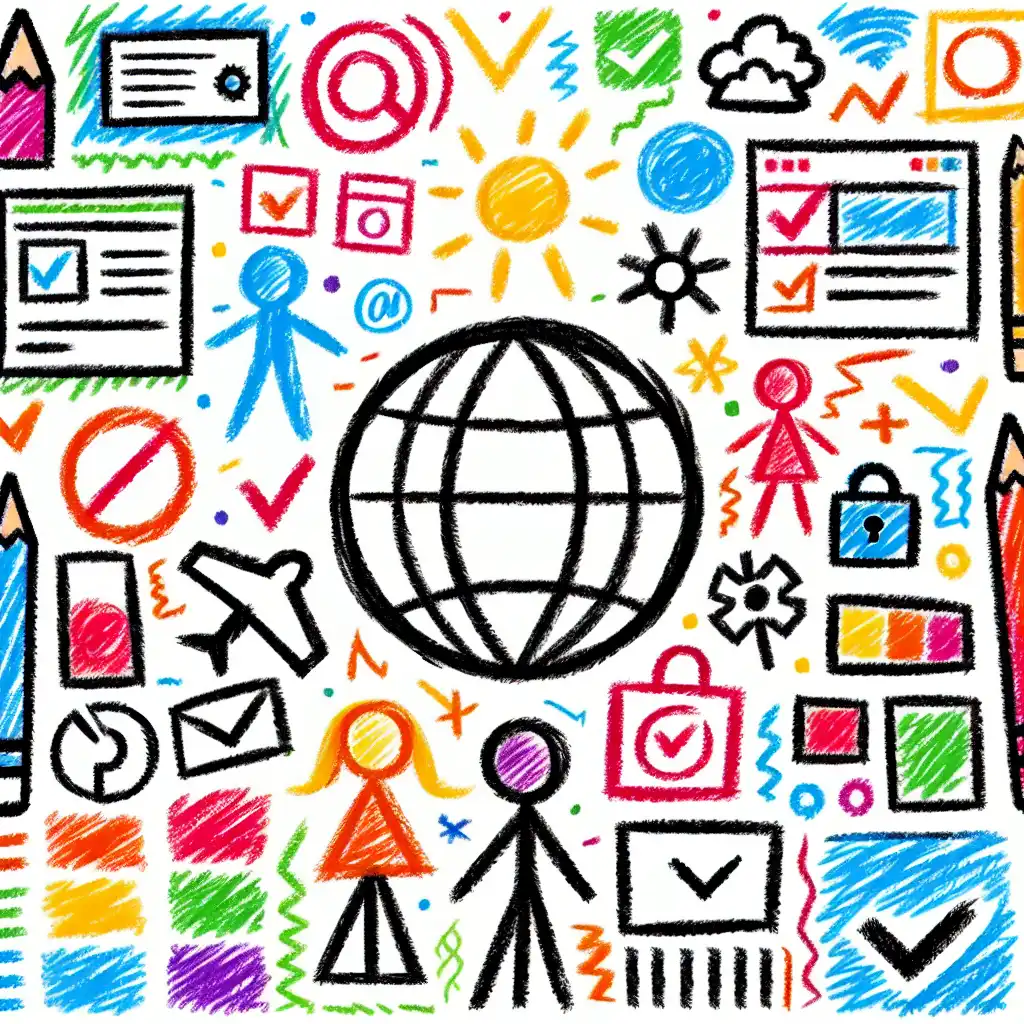Around 6,000 porn sites start checking ages in UK

Explain Like I'm 5
Imagine you have a cookie jar that only grown-ups are allowed to reach. Now, what if we put a little lock on the jar that checks if someone is a grown-up before it opens? In the UK, they've put a "lock" on about 6,000 websites that show adult stuff, like movies that are not for kids. This lock checks if the person trying to visit the site is old enough, just like checking if someone's tall enough to ride the big rollercoaster!
Explain Like I'm 10
You know how some video games ask you to prove you're old enough to play them? Well, in the UK, they've started doing something similar with websites that show adult content, which are definitely not suitable for kids. Around 6,000 of these websites now have a special system that checks if someone is old enough to view their content. They do this because they want to make sure that only adults can access these sites, just like how some movies are only for viewers over a certain age.
However, not everyone thinks this new system works perfectly. Some people are worried that these age checks might not be effective enough in stopping kids from getting in, or that they might not protect users' privacy well. It's a bit like when your friend tries to guess your password — if it's something easy like your birthday, it might not be very secure.
Explain Like I'm 15
In the UK, the government has been pushing for stricter controls on access to pornography, aiming to prevent minors from viewing content that's inappropriate for their age. As a result, around 6,000 adult sites have now implemented age verification systems. The goal here is to ensure that only individuals who are legally adults can access these sites, similar to age restrictions for alcohol and tobacco.
Despite these efforts, there's skepticism about how effective these age checks really are. Critics argue that many of these systems might be easy to bypass, and there are also concerns about the privacy of users. How is the data handled? Could it be misused or leaked? It's akin to the debate over security cameras in public places: they're meant to increase safety, but at what cost to privacy?
Moreover, this move has broader implications. On one hand, it represents a significant step in digital governance, setting a precedent for how governments might regulate the internet in the future. On the other hand, it raises questions about censorship, freedom of access to information, and the technical feasibility of enforcing such regulations on a global scale. What happens next could influence global internet policies, particularly on how content is regulated and who has the right to access it.
Want to read the original story?
View Original Source